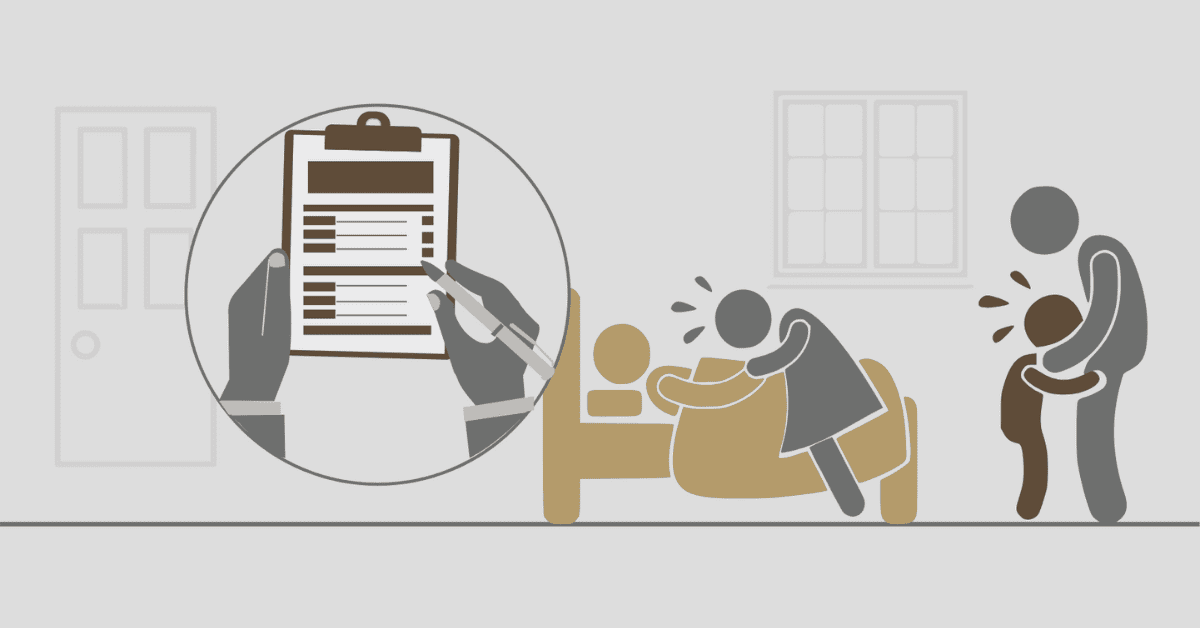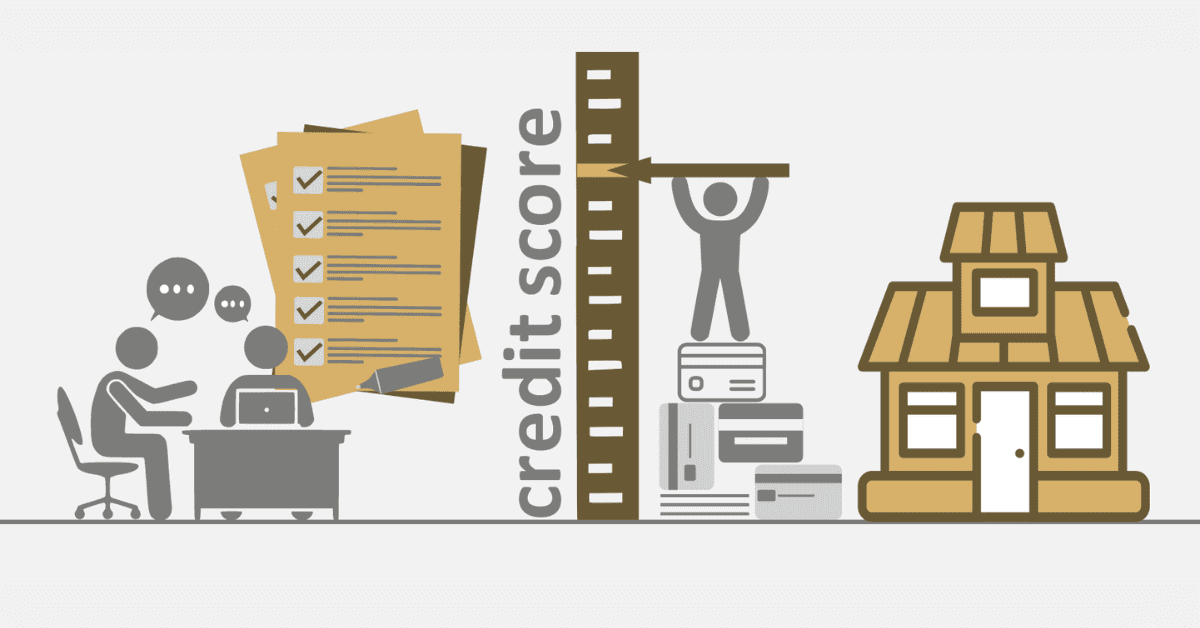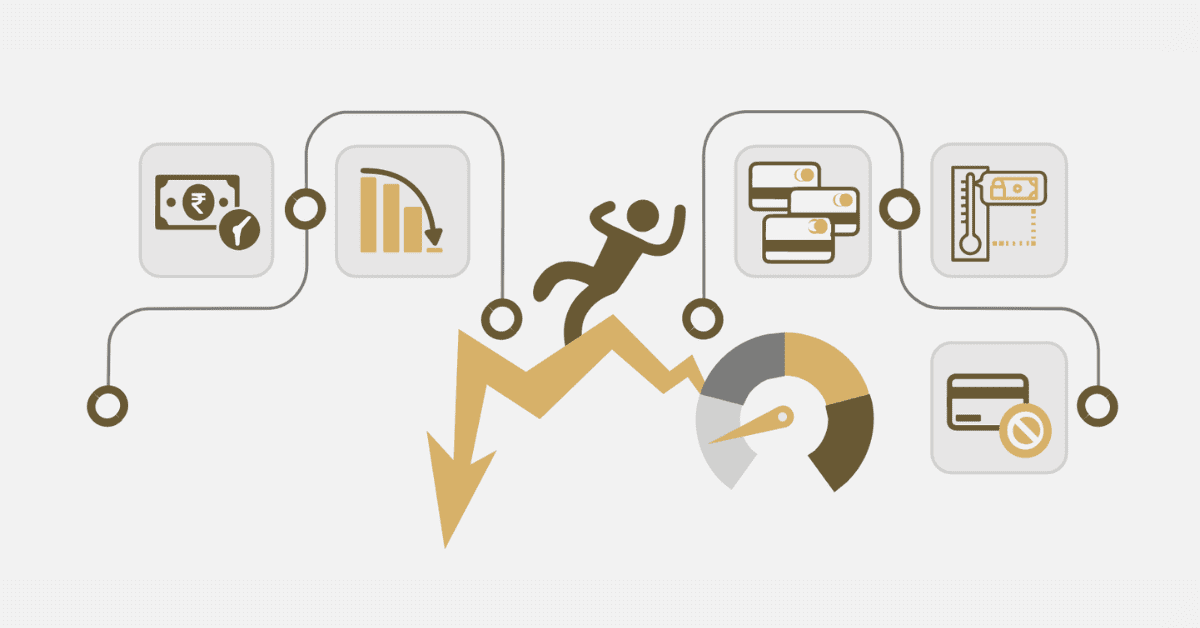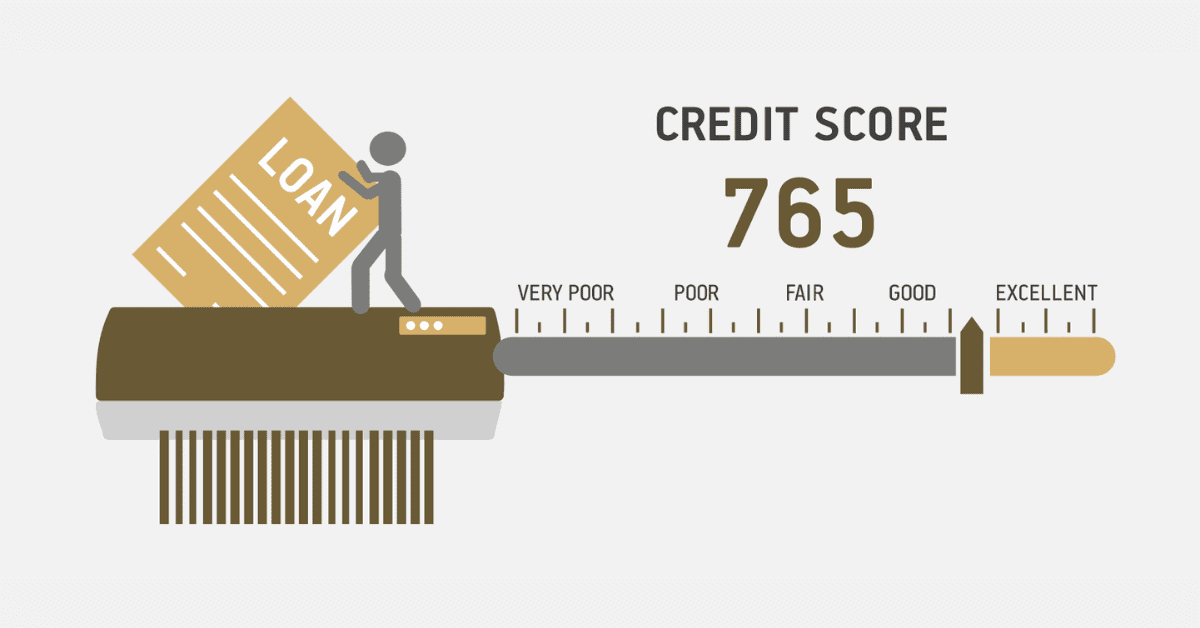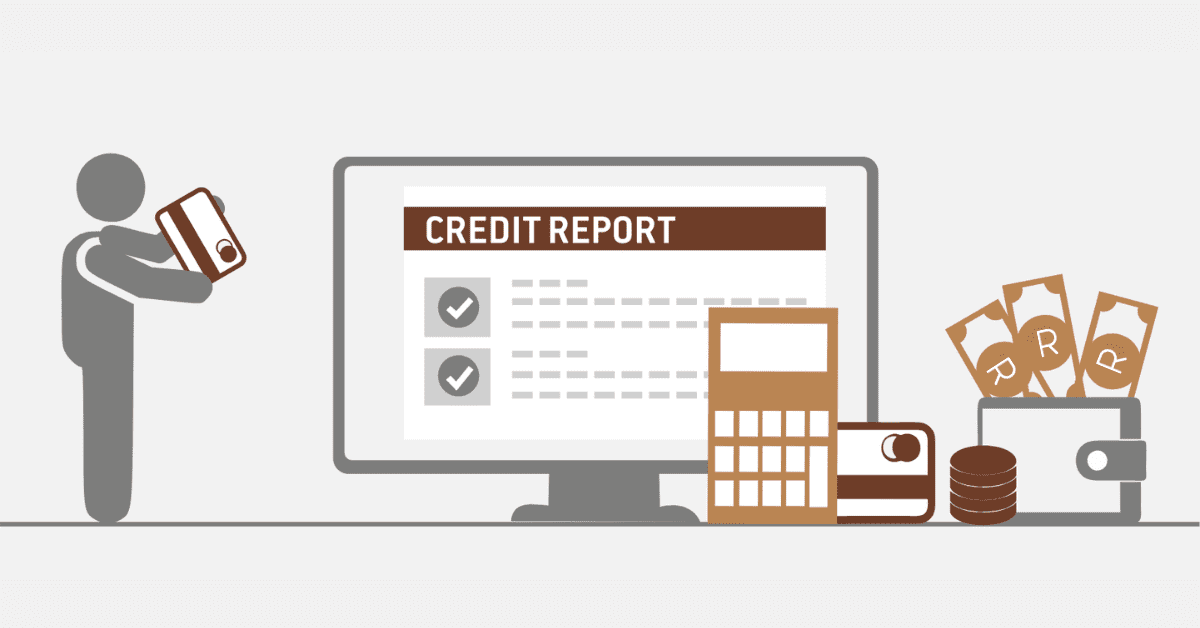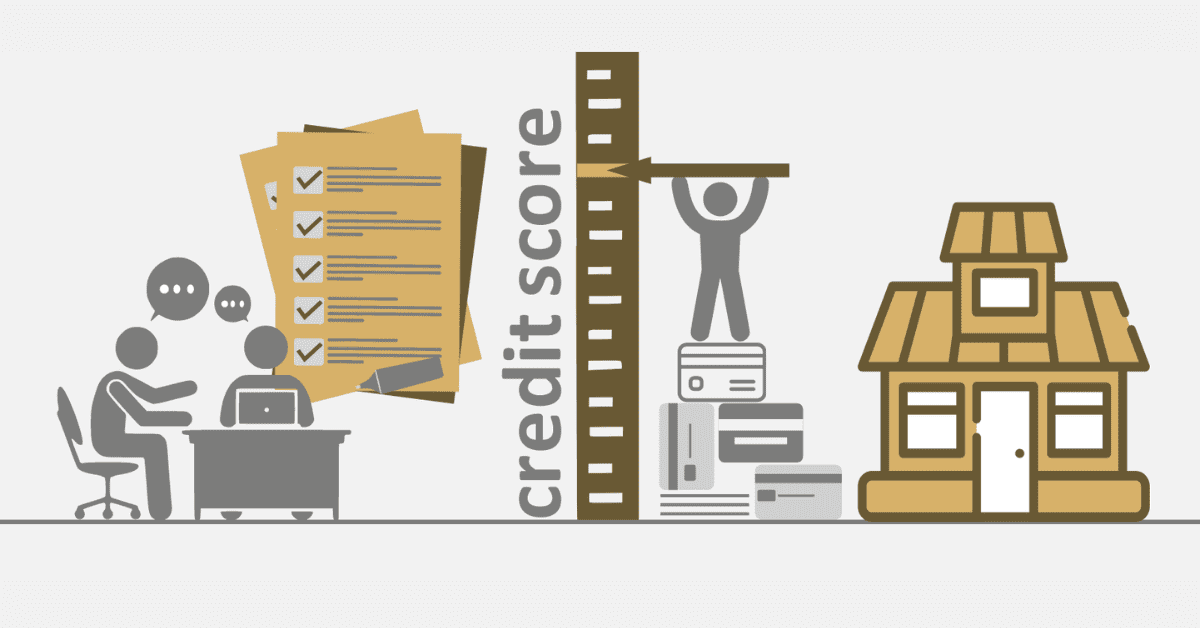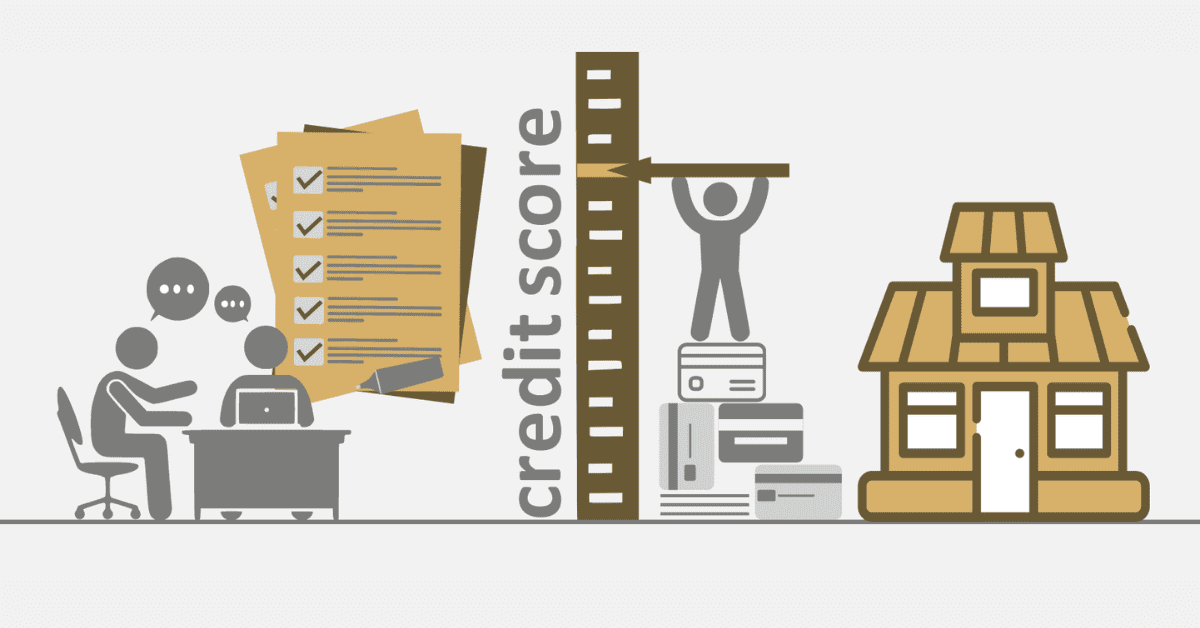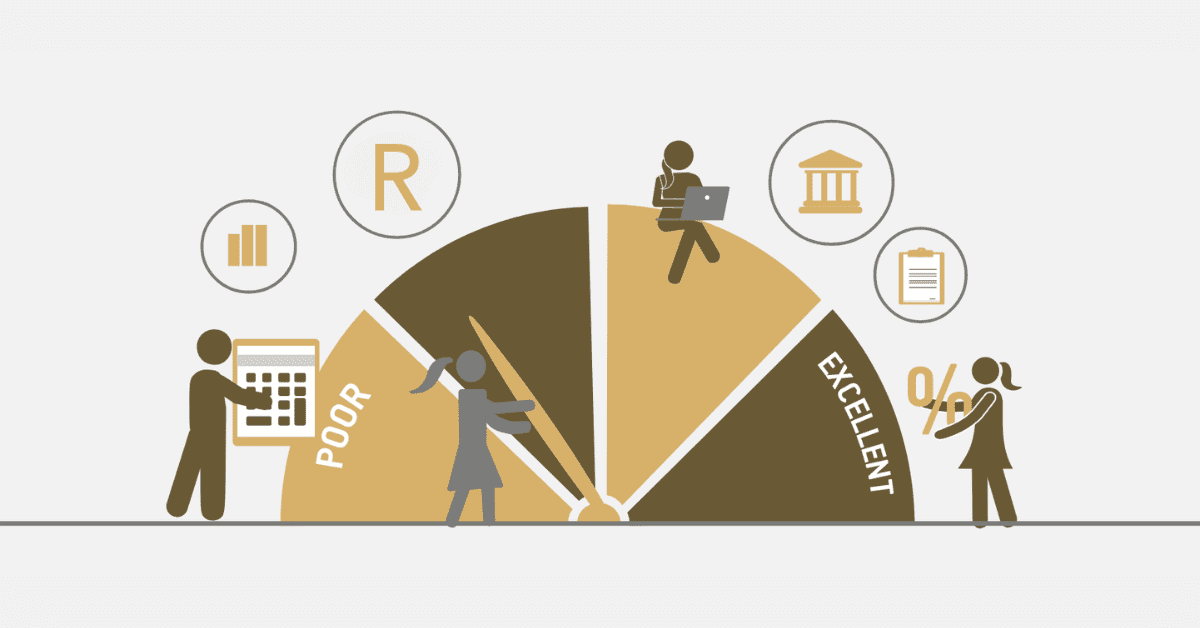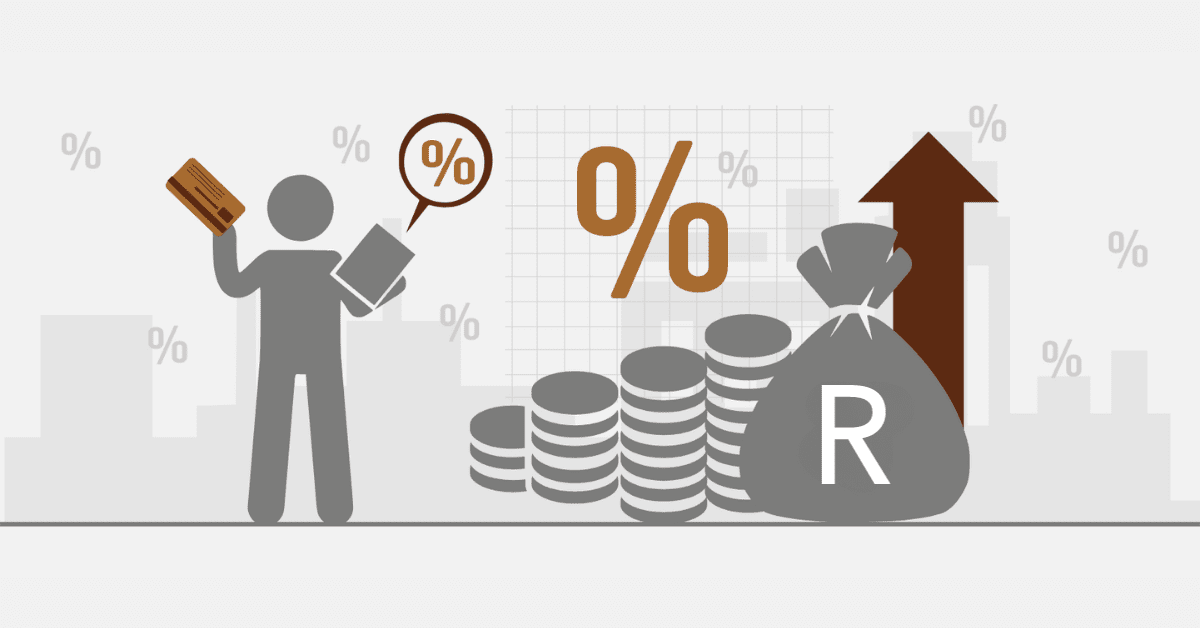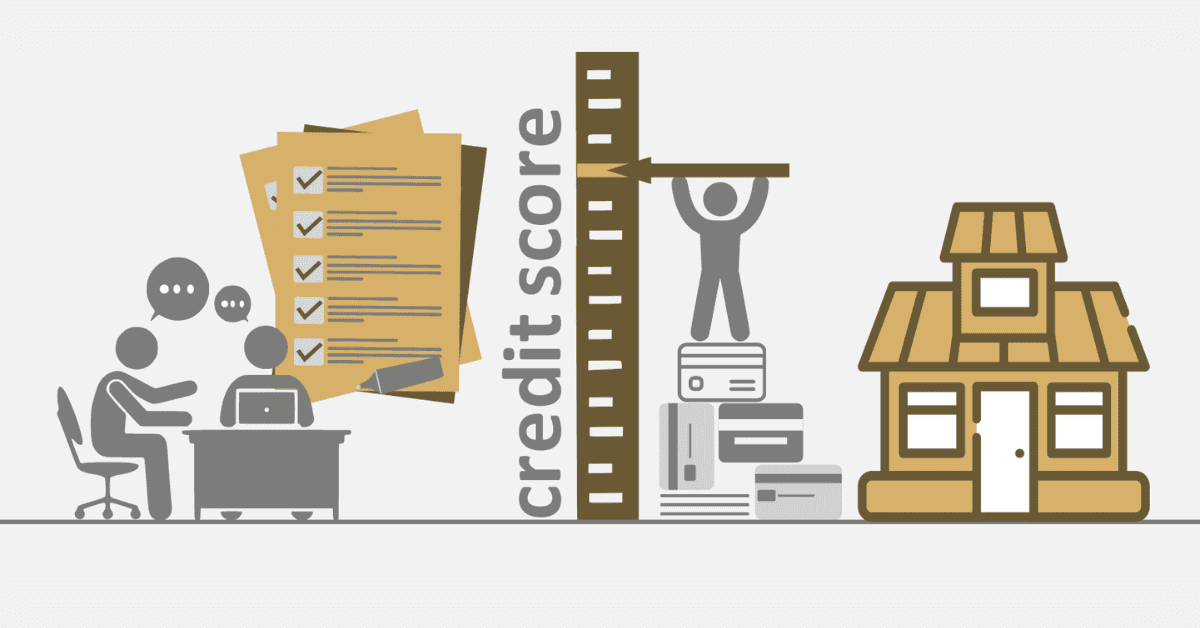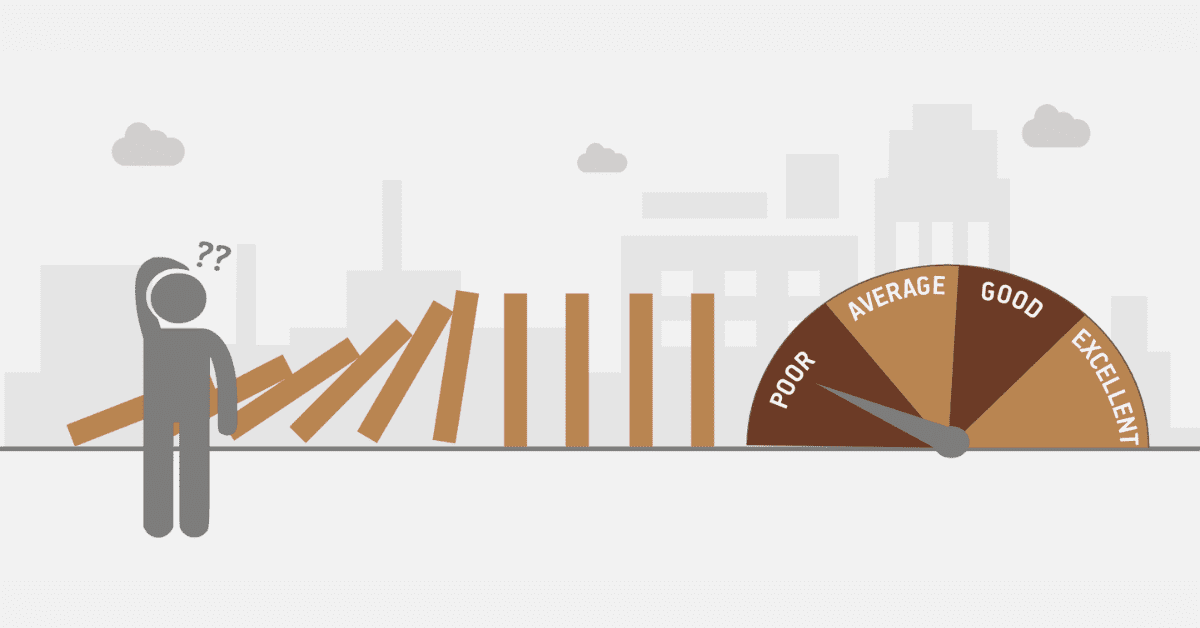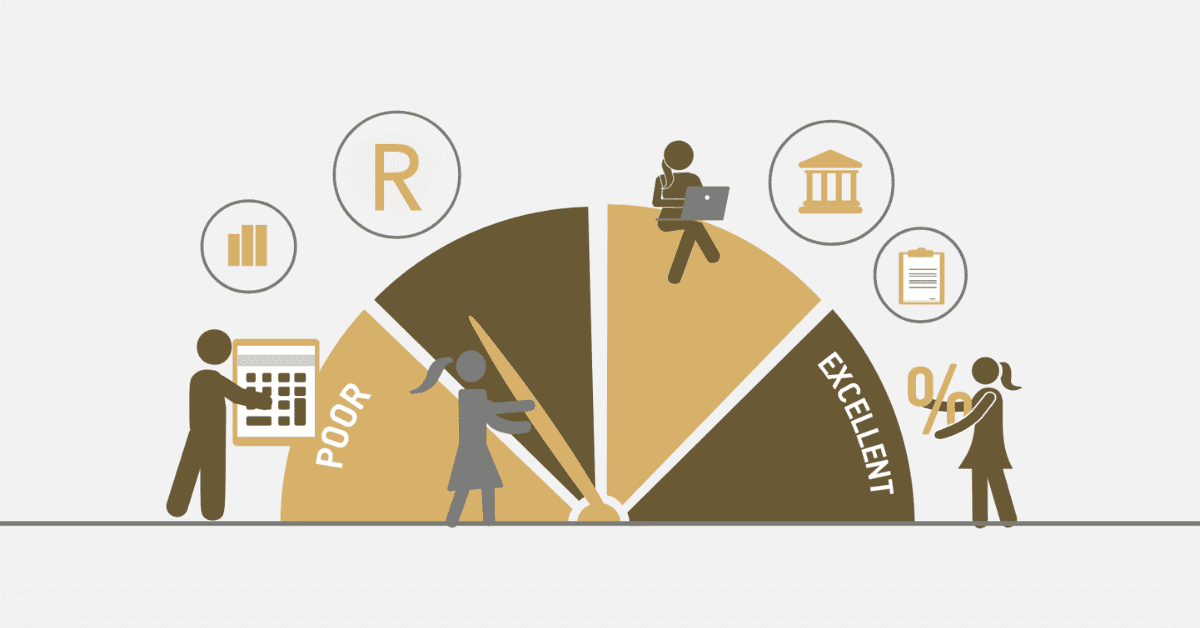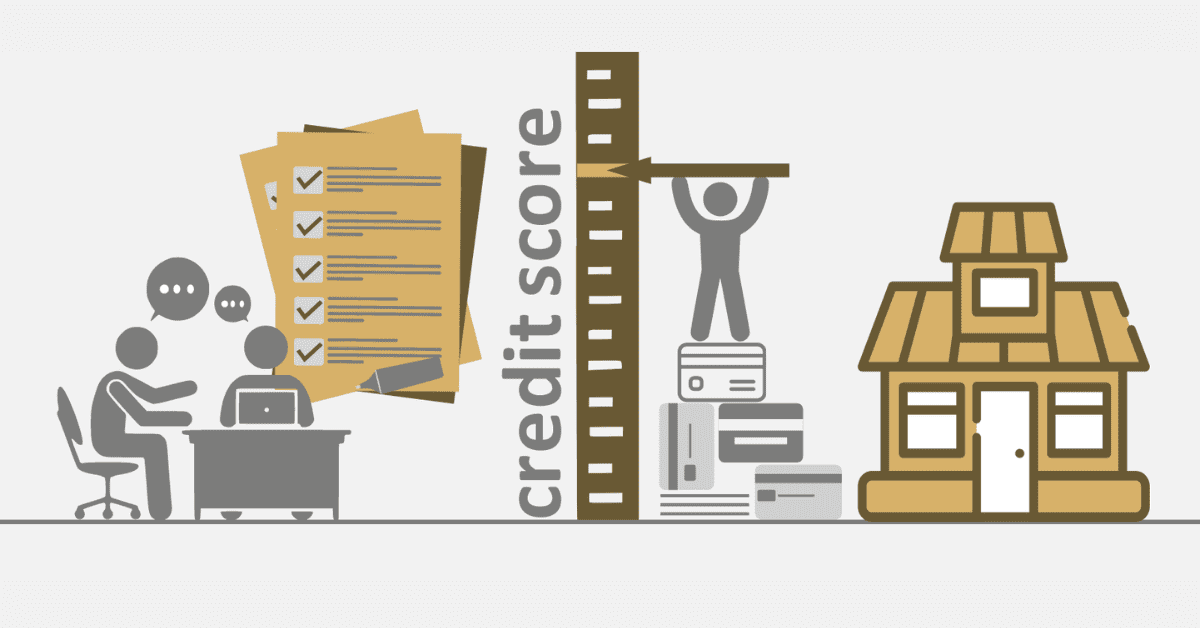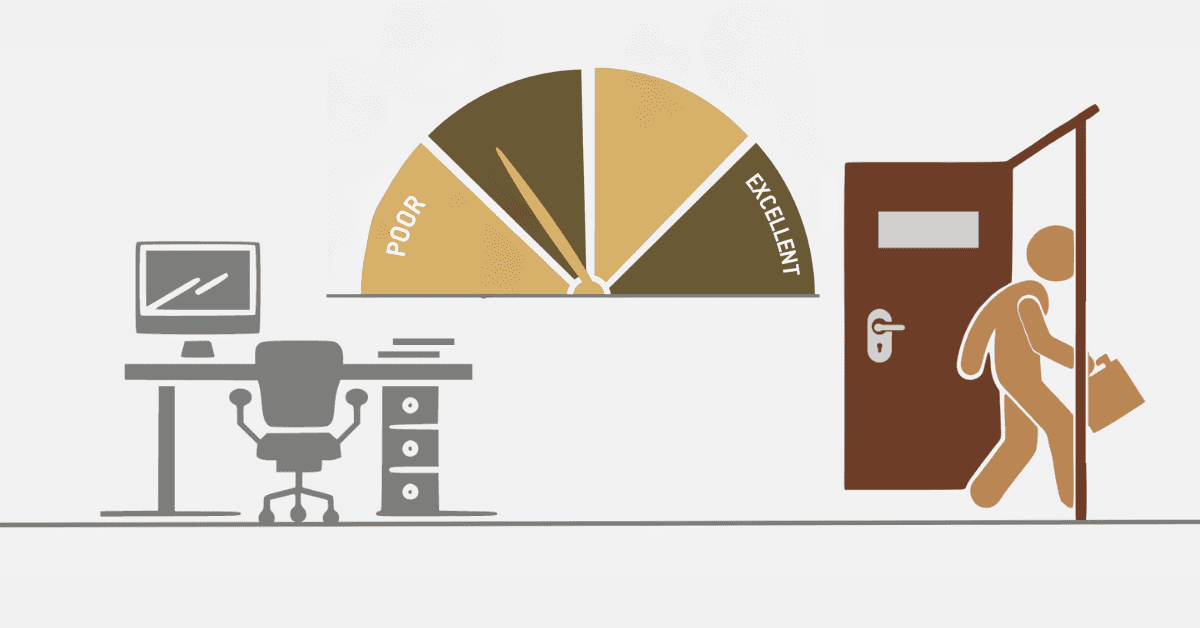Your credit score is a dynamic entity that ebbs and flows with your credit activities and the side of your credit providers. Sometimes, it might take a sudden nosedive, leaving you bewildered and anxious. There can be many reasons behind such a precipitous drop, some in your control and others not. This article will take you through some of the usual suspects behind a falling credit score and help you prepare to battle them.
Why Your Credit Scores Have Suddenly Dropped
A sudden decline in your loan rating can be disconcerting. Below are some common causes:
- History for payment is a vital component that gets dents in your scores on all missed or late payments. Such wayward remittances on loans, credit cards, and even utility bills get recorded on the credit report. They negatively affect the score and taint one’s reputation.
- The score normally reduces whenever you apply for too much credit within a short span. Every application triggers a hard search, leaving a footprint on your report. You would be perceived as desperate for credit.
- Unless your credit card was maxed out or your credit utilization was increased, these could damage your score. Let your utilization remain at or below 30%, and settle the balances fully every month.
- Your score could be affected by having a lower length of credit history due to either closing an old credit account or losing a good credit account that decreases your available credit.
- Similarly, these sudden drops could result from errors or fraud on your credit report that affect several other credit attributes and, thus, your financial security and reputation.
How Long Do You Wait To Correct A Credit Rating Following A Missed Payment?
Experian, one of SA’s trusted loan bureaus, shares that this can affect the overall score by up to 100 points over two years. However, it is a drop, not a fall-off. As you continue to make timely and complete payments, the effect of the missed payment gradually fades away. Experian further states that with every missed payment, your credit score might take up to half a year to recover, based on the history and behavior of your credit.
How can I improve my credit score fast?
Raising your loan rating is not a sprint but a marathon. Time, effort, and good credit habits are all key elements. Here’s what you can do:
- Regularly check your report and score to find and dispute inaccuracies and fraud. Get your free annual credit report and score from Experian, TransUnion, Compuscan, or XDS – the four credit bureaus in South Africa. ClearScore also enables frequent checks with no impact on the score.
- Make sure you are paying all your bills on time and fully. Your payment his tory greatly influences your score. Do not struggle; if you face problems, there can be options to work out a proper plan or get debt relief by talking with your creditor.
- Work towards reducing debt to reduce the outstanding debt against available credit. Pay off balances in full and try to keep credit utilization low. Request an increase in the credit limit or consolidate the debt, if manageable, responsibly.
- Keep old credit accounts open, and have a good mix of credit. Closing an old account or losing a positive one could decrease your credit history length and the amount of available credit, hence affecting your score. A good mix of credit shows responsible management of different types of credit.
- Two keys are patience and consistency. Keep away from every negative action that can pull down your score, and your score will be on a natural upswing, inch by inch.
Is It True That Your Credit Turns Clear After Seven Years?
A seven-year clean credit history – it’s a myth. The credit report is a mosaic of your financial behavior, good and bad. The National Credit Act (NCA) bestows South African credit bureaus the obligation of getting rid of some information after stipulated periods.
- Enquiries: 2 years
- Judgments: 5 years or until the court rescinds
- Administration orders: 10 years or until the court rescinds
- Sequestrations: 10 years or until a rehabilitation order granted
- Debt review: 5 years or until clearance certificate issued
- Adverse classifications: 1 year
- Default information: 2 years
But that does not mean the total record cleaning after these timelines. At the same time, your credit report might still be burdened with other factors, such as payment history, credit inquiries, and credit mix. This is similar to a financial fingerprint—singular and telling. So, don’t be attracted to a false complacency sense. Regularly review your loan record, ensuring its accuracy and timeliness. Remember, your advance statement is more than just a rating; it reflects your financial discipline.
Does Unpaid Credit Card Debt Ever Go Away?
Uncleared loans, that tenacious shadow, can cast long, dark silhouettes over your financial landscape. It’s not just the money owed; it’s the domino effect. Penalties and increasing rates add up, pushing the debt higher. A plummet in credit scores, with doors to future opportunities slamming shut. Bill collectors could come knocking and then keep coming, their persistence echoing in your ears.
There could even be legal action that might lead to your hard-earned assets being seized. Even if it’s written off, it’s not gone. It’s still in your credit file, not going away, and probably taxed to grow. The shadow of the debt doesn’t go away; it lasts. So put it out quickly, agree, or take professional advice. Don’t let it grow into a monster.
